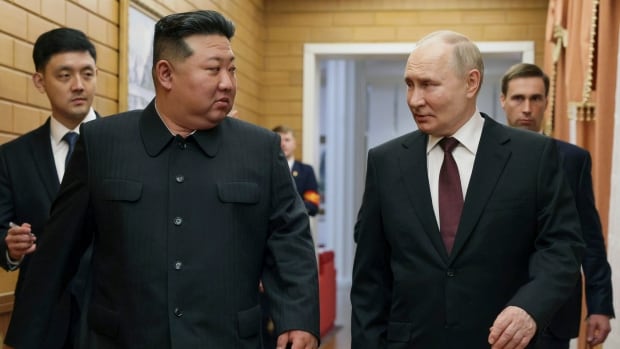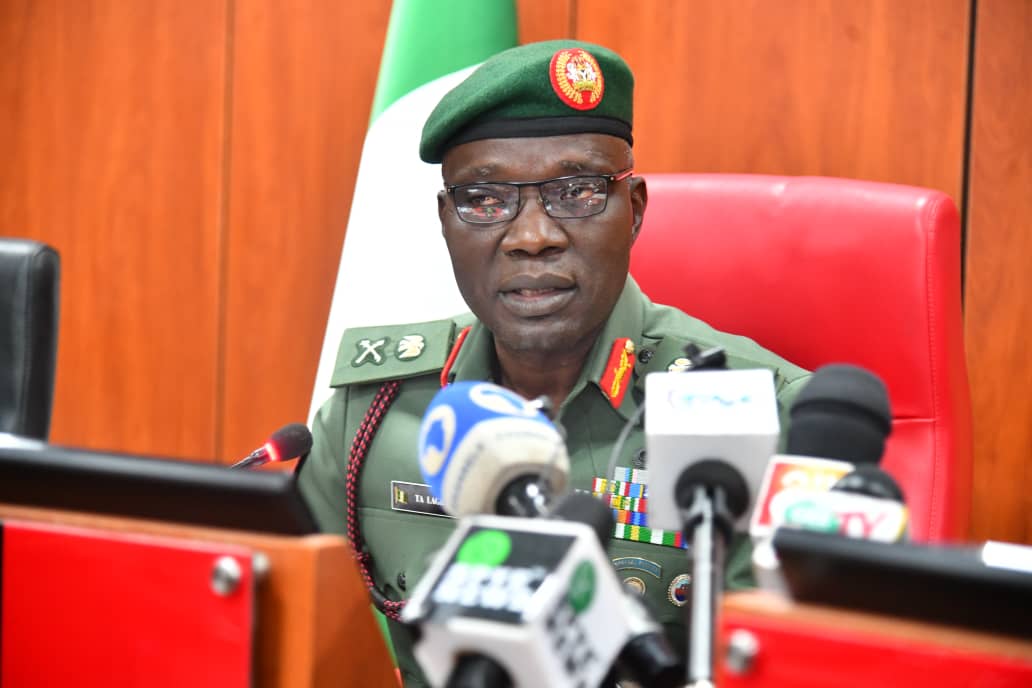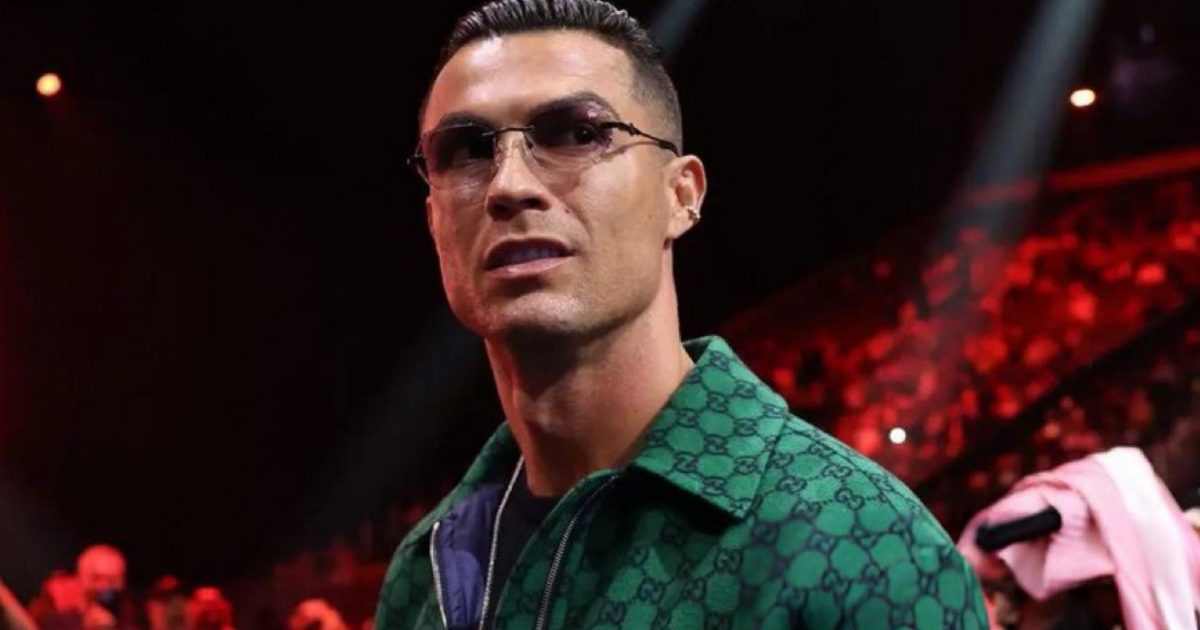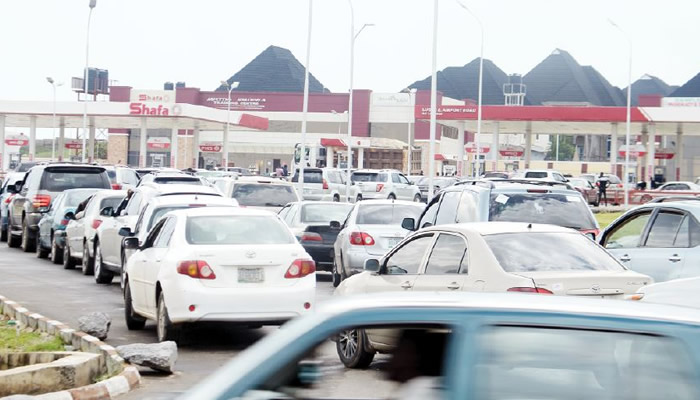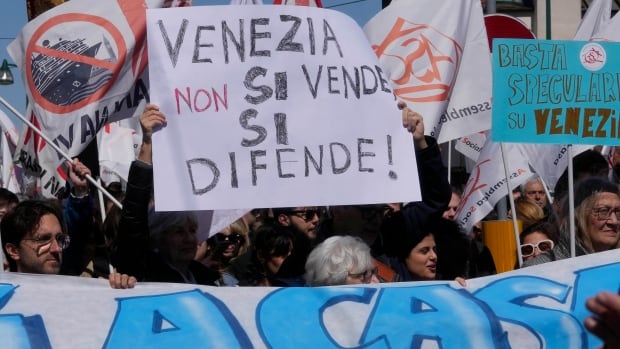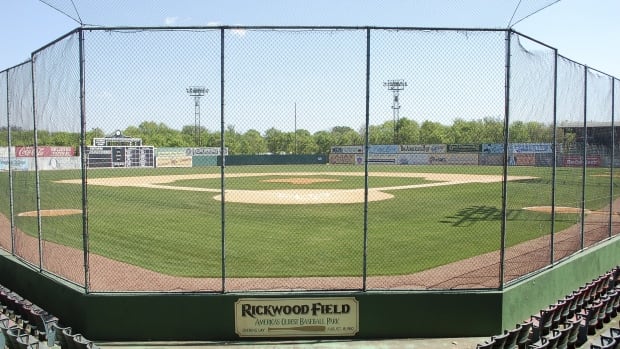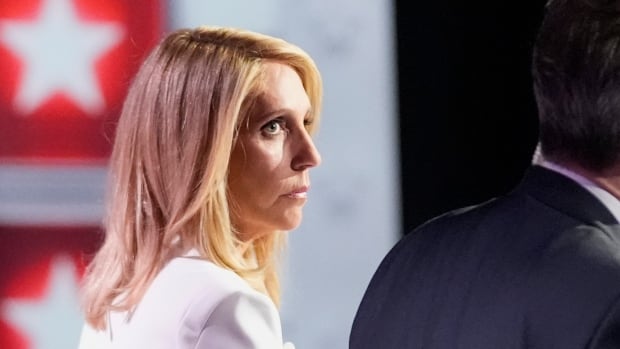Russian President Vladimir Putin arrived in North Korea early on Wednesday, after saying the two countries want to co-operate closely to overcome U.S.-led sanctions in the face of intensifying confrontations with Washington.
Putin was met at Pyongyang’s airport by North Korean Leader Kim Jong Un. They shook hands and embraced, and Kim later joined Putin in his car to personally guide him to Pyongyang’s Kumsusan State Guest House, North Korea’s official Korean Central News Agency said.
The agency described their meeting as a historic event that demonstrates the “invincibility and durability” of the two nations’ friendship and unity. This is Putin’s first trip to North Korea since his first year as Russian president in 2000.
Putin thanked North Korea for supporting Russia’s actions in Ukraine prior to touching down in Pyongyang. He said he highly appreciates the country’s firm support for the invasion of Ukraine, and the two nations will “resolutely oppose” Western ambitions “to hinder the establishment of a multi-polarized world order based on mutual respect for justice.”
Putin also said Russia and North Korea will develop trade and payment systems “that are not controlled by the West” and jointly oppose sanctions against the countries, which he described as “unilateral and illegal restrictive measures.”
U.S. Defence Secretary Lloyd Austin responded to the Russian president’s ceasefire demands, saying Vladimir Putin is not in ‘any position’ to dictate terms to Ukraine.
Putin said the countries will also expand co-operation in tourism, culture and education.
North Korea is under heavy UN Security Council economic sanctions over its nuclear weapons and missile programs, while Russia is also grappling with sanctions by the United States and its Western partners over its aggression in Ukraine.
Putin has limited his foreign travel since sending troops in to invade Ukraine in 2022, a decision that led to an arrest warrant issued by the International Criminal Court. After North Korea, Putin will visit Vietnam, which is also not a signatory to the jurisdiction of the ICC.
Putin’s visit comes amid growing concerns about an arms arrangement in which Pyongyang provides Moscow with badly needed munitions to fuel Russia’s war in Ukraine in exchange for economic assistance and technology transfers that would enhance the threat posed by Kim’s nuclear weapons and missile program.
In Pyongyang, streets were decorated with Putin’s portraits and Russian flags. A banner hung on a building said: “We warmly welcome the President of the Russian Federation.”

Accusations, denials of weapon use in Ukraine
John Kirby, spokesperson of the U.S. National Security Council, said the deepening relationship between Moscow and Pyongyang is concerning, “not just because of the impacts it’s going to have on the Ukrainian people, because we know North Korean ballistic missiles are still being used to hit Ukrainian targets, but because there could be some reciprocity here that could affect security on the Korean Peninsula.”
“We haven’t seen the parameters of all of that right now, certainly haven’t seen it come to fruition. But we’re certainly going to be watching that very, very closely,” he said.
Responding to a question from the media, U.S. National Security Council spokesperson John Kirby says the White House doesn’t see Russian President Vladimir Putin’s trip to North Korea as an issue, but they do have concerns about the relationship between Russia and North Korea growing stronger.
Military, economic and other exchanges between North Korea and Russia have sharply increased since Kim visited Russia in September for a meeting with Putin, their first since 2019.
U.S. and South Korean officials have accused the North of providing Russia with artillery, missiles and other military equipment to help prolong the war in Ukraine, possibly in return for key military technologies and aid. Both Pyongyang and Moscow have denied accusations about North Korean weapons transfers.
Along with China, Russia has provided political cover for Kim’s continuing efforts to advance his nuclear arsenal, repeatedly blocking U.S.-led efforts to impose fresh UN sanctions on the North over its weapons tests.
In March, a Russian veto at the United Nations ended monitoring of UN sanctions against North Korea over its nuclear program, prompting Western accusations that Moscow is seeking to avoid scrutiny as it buys weapons from Pyongyang for use in Ukraine.
Lim Soosuk, spokesperson of South Korea’s Foreign Ministry, said Seoul has been stressing to Moscow that any co-operation between Russia and North Korea must not “proceed in a direction that violates UN Security Council resolutions or undermines peace and stability in the region.”

Tensions on the Korean Peninsula are at their highest point in years, with the pace of both Kim’s weapons tests and the combined military exercises between the United States, South Korea and Japan intensifying in a cycle of tit-for-tat. The Koreas have also engaged in a Cold War-style psychological warfare that involved North Korea dropping tons of trash on the South with balloons and the South broadcasting anti-Korean propaganda broadcasts with its loudspeakers.
South Korea’s military said soldiers fired warning shots to repel North Korean soldiers who temporarily crossed the rivals’ land border Tuesday for the second time this month. The South’s military said North Korea has been increasing construction activity in front-line border areas, such as installing suspected anti-tank barriers, reinforcing roads and planting land mines.
